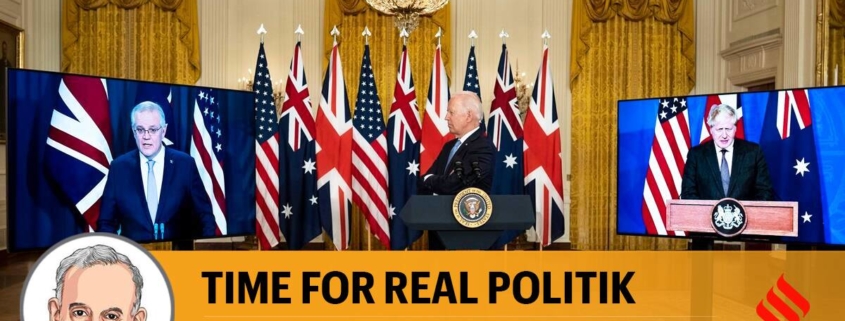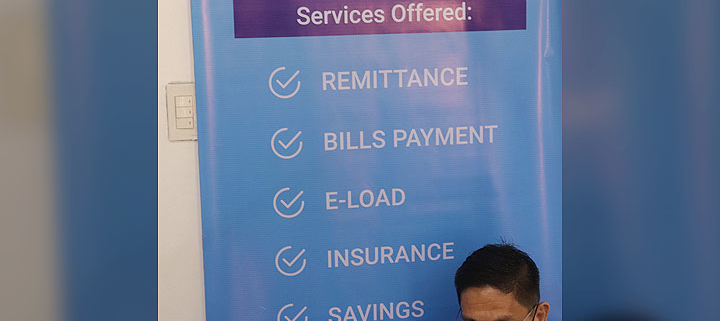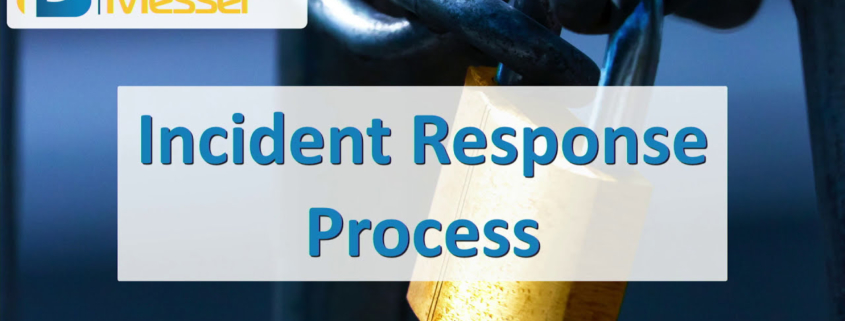The new AUKUS alliance holds some lessons for India
In a surprise, virtual statement on September 15, the heads of government of Australia, the UK and US announced the formation of a trilateral security pact, to be known by the acronym, AUKUS. Without naming China, US President Joe Biden announced, in a press conference, that “in order to deal with rapidly evolving threats,” the US and Britain would share, with Australia, intelligence and advanced technologies in areas like artificial intelligence, cyber-warfare, quantum computing and nuclear submarine construction.
The surprise at the formation of AUKUS is for a number of reasons. Firstly, the three nations are already allied to each other, in more ways than one — the US and UK are NATO allies, and Australia, New Zealand and the US are linked by the ANZUS pact. All three are also members of the “Five Eyes” intelligence alliance. Secondly, this announcement, coming just days before the first in-person summit meeting of the Quadrilateral Security Dialogue (Quad), places a question mark over the continuing relevance of this forum and its long-overdue actualisation. Finally, the inclusion of a much-diminished, post-Brexit UK in such a long-range alliance is bound to raise a few eyebrows.
China has made no secret of its neurosis about the Quad as well as the naval exercise, “Malabar,” both of which, now, have a common membership, comprising the US, India, Australia and Japan. Beijing’s apprehensions arise from the suspicion that this concatenation could be a precursor to “containment” – the Cold War strategy which eventually brought the USSR to its knees.
While frequently heaping scorn on their attempts at synergy and coordination, China loses no opportunity to send intimidatory messages to the Quad nations. This has led to palpable trepidation amongst members of this grouping, who have remained over-cautious in their utterances and tended to “tip-toe” around the “dragon” in their midst. The Quad has neither created a charter nor invested itself with any substance; fearing that it would be dubbed an “Asian NATO.” China, on its part, has dismissed the Quad as a “headline-grabbing idea which will dissipate like sea-foam”.
So far, China has had its…




